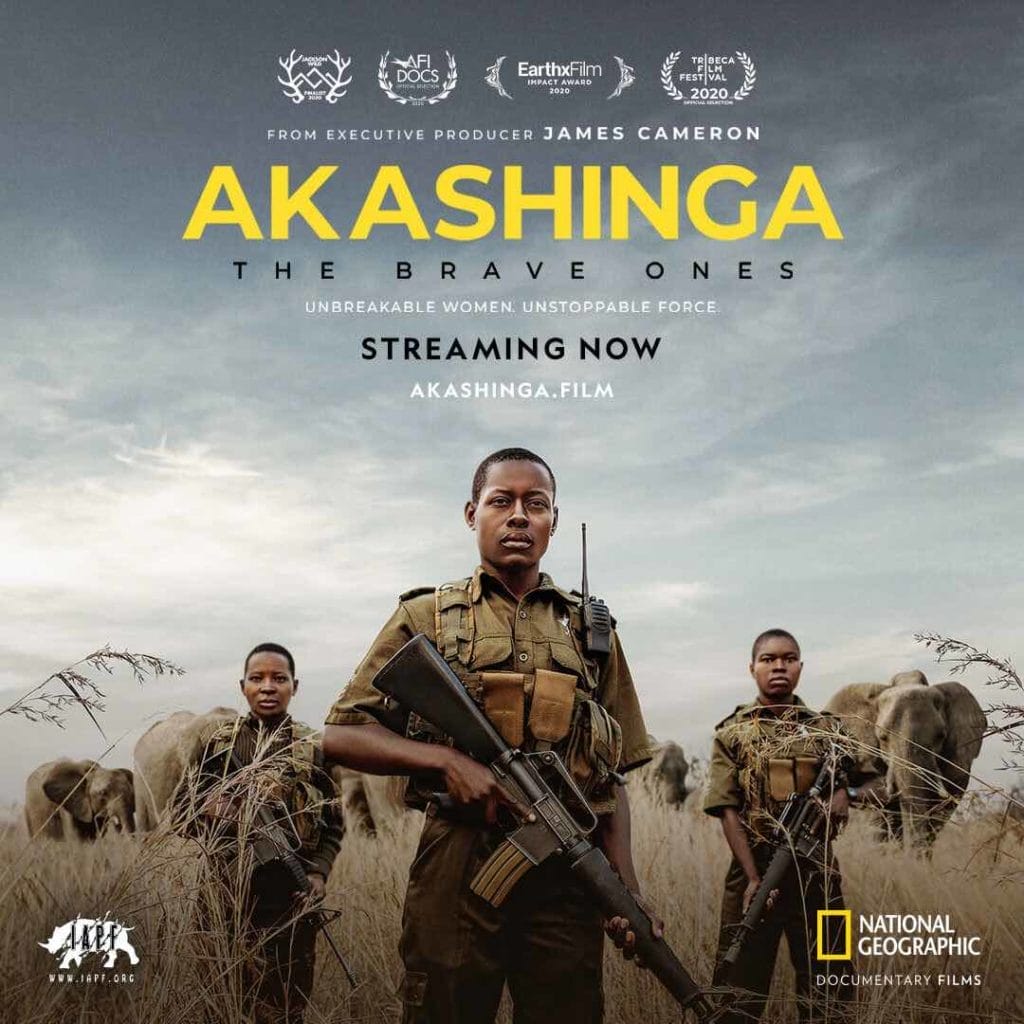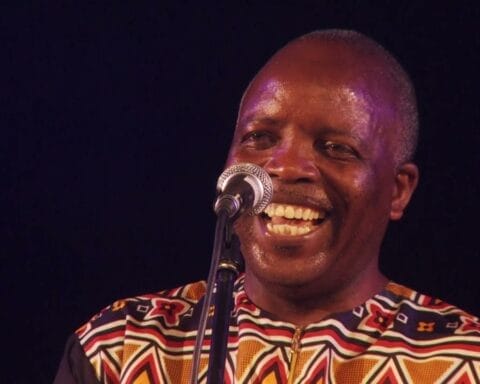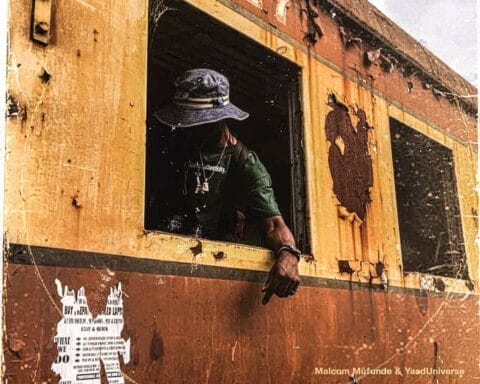Synopsis
With many of Africa’s key species, including elephants, reaching levels near extinction, Akashinga is a radical, new and highly effective weapon against poaching. Founded in Zimbabwe by former Australian special forces soldier and anti-poaching leader Damien Mander, the women-only team of rangers, drawn from the abused and marginalized, is revolutionizing the way animals are protected, communities are empowered— and its members’ own lives are being transformed. Mander’s innovative approach to conservation calls for community buy-in rather than full-on armed assault against poachers: If a community understands the economic benefits of preserving animals, then it will eliminate poaching without an armed struggle. Executive produced by three-time Academy Award winner James Cameron and directed by Maria Wilhelm, AKASHINGA: THE BRAVE ONES is a celebration of the courage, conservation and unorthodox thinking that’s leading to massive positive change.

Akashinga: Nature Protected by Women
Akashinga is community-driven conservation model, empowering disadvantaged women to restore and manage large networks of wilderness areas as an alternate economic model to trophy hunting.
The program was started in Phundundu Wildlife Area in Zimbabwe’s Lower Zambezi ecosystem. It builds an alternative approach to the militarised paradigm of ‘fortress conservation’ which defends colonial boundaries between nature and humans. While still trained to deal with any situation they may face, the team has a community-driven interpersonal focus, working with rather than against the local population for the long-term benefits of their own communities and nature.
Akashinga is an investment into women and their families, the development of rural communities, neighboring wilderness areas and an alternative to trophy hunting. By empowering rural women the program also locally motivates poverty reduction, healthcare, skills development, children staying in school, rape & sexual assault prevention, increased life expectancy, disease reduction and structured family planning.
The Key Points
- A growing body of evidence suggests that empowering women is the single biggest force for positive change in the world today
- Trophy hunting areas across Africa take up one-sixth of all landmass across participating countries. An expanse greater than all of France
- The hunting industry is rapidly declining, leaving these wilderness areas and communities without sufficient income to incentivise conservation – Unless an alternative source of income is provided, these areas will be lost, along with their rich biodiversity
- Akashinga employs the most marginalized women from rural communities; educates and trains them to be rangers and biodiversity managers – protecting the large landscapes previously reserved for and financed by trophy hunting
- A woman with a salary in rural Africa invests up to 3 times more than a male into their family
- 62% of operational costs of the Akashinga model go directly back to the local community, with up to 80% of that at household level, into the hands of women – turning conservation into a community project
- These factors equal a better financial return for the local community than what trophy hunting provided
- This is an efficient, effective and scalable model which inspires and empowers women and gives them the opportunity to secure their own destiny, whilst safeguarding biodiversity
- It prepares women for the worst-case scenario in their roles, but fosters a harmonious relationship with local communities as the best defence against illegal wildlife crime.












